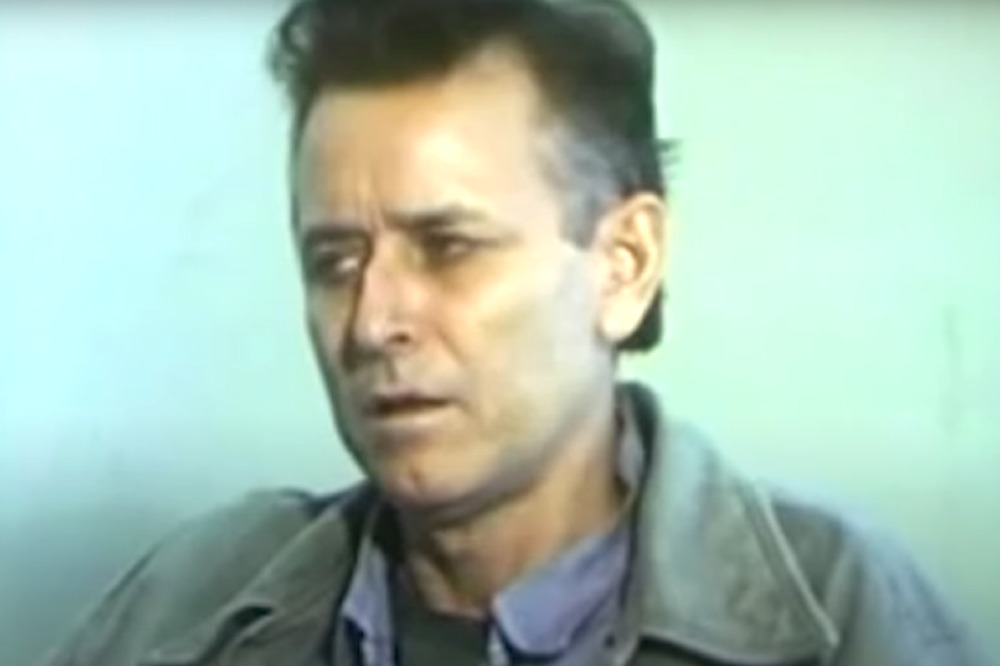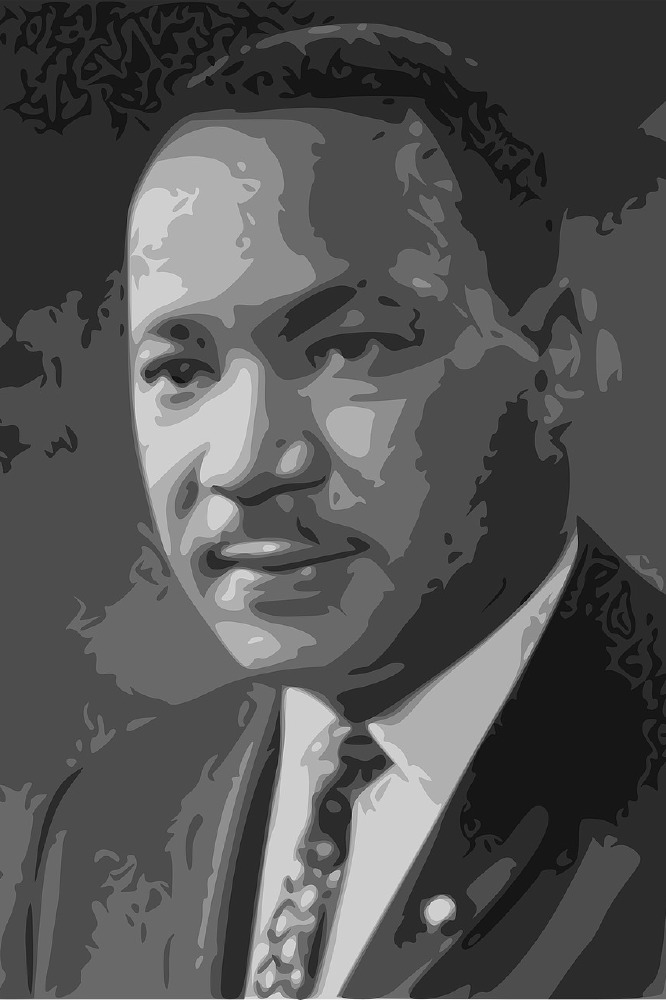Martin Luther King Jr. was a symbol for Black rights; born on January 15th, 1929, King grew up to be an influential voice for the Black people of America. His exceptional life and impressive speeches were sadly put to a stop, as he was assassinated in 1968, by a man called James Earl Ray; here is the story of Ray and the discussions surrounding his crime.

James Ray in a 1977 interview / Picture Credit: Washington Post on YouTube
Who was James Earl Ray?
A confirmed racist and small-time criminal, James Earl Ray began the plot the assassination of admired civil rights leader Martin Luther King Jr, in early 1968.
Ray shot and killed King on April 4th, 1968, confessing to the crime the following March. Ray died in prison on April 23rd, 1998.
Many still debate whether Ray was to blame for King’s murder, and whether or not he acted alone.
Early years
Born on March 10th, 1928, in Alton, Illinois, Ray was the eldest of his parents’ (George and Lucille) nine children. The Rays struggled to make ends meet and, as a consequence, the family had to move houses numerous times during Ray’s early years.
In 1935, when Ray was around seven years old, the family suddenly left their Alton home and relocated to Ewing, Missouri, after police had begun looking for Ray’s father on counts of forgery.
Two year later, Ray’s younger sister Marjorie died in a fire; she was playing with matches and accidently caught herself on fire.
When he was 16, Ray left his parents and returned to Alton. There, he moved in with his grandmother and got a job in the dye room of the International Shoe Tannery.
After getting laid off in 1945, Ray enlisted in the Army, eventually getting stationed in Germany.
Ray found it hard to adapt to the military’s exacting code of conduct; he was charged with drunkenness and breaking arrest, before getting discharged for ineptness and lack of adaptability in 1948.
Outside the Army didn’t prove to be any easier for Ray. After moving back in with his grandmother in Alton, he worked his way through numerous jobs.
In 1949, Ray left Alton and headed for Los Angeles (LA) where, in October of that year, police arrested him for robbing a cafe. He was sentenced to 90 days in prison.
Over the next few years, Ray committed a number of small crimes and spent varying amounts of time in jail.
The most serious of his many crimes occurred in 1959 when Ray, who was on parole for an earlier theft, robbed two stores in St. Louis and one in Alton. In March 1960, Ray started a 20-year sentence for these crimes.
Housed at the Missouri State Penitentiary, Ray managed to break out in 1967. He ended up in LA after not being able to get passage to Canada.
The assassination of Martin Luther King Jr.
Whatever the exact details were that led him to Memphis in April 1968, Ray nevertheless rented a room at a rooming house under the name Eric Starvo Galt, near the Lorraine Motel where King was staying.

On April 4th, 1968, Ray stood in the bathtub of his ranted bathroom, balanced a rifle on a window ledge, and shot King as the civil rights leader was standing on a balcony outside his motel room.
After shooting King, Ray fled, setting in motion a manhunt that would last over three months and span five countries. At the time, it was said to be the FBI’s biggest and most expensive investigation in history.
Eventually, on July 19th, 1968, the FBI caught up to Ray in London, and extradited him back to the United States (US). Ray pleaded guilty to the murder (something he would spend the rest of his life attempting to reverse), and was sentenced to 99 years in prison.
Exactly what led Ray to kill King continues to be a point of discussion, although it seems his known racist thoughts and opinions may have been at the helm.
His role in the assassination itself is surprisingly still a point of discussion; evidence did suggest that Ray had little stomach for the integration policies that were sweeping the country.
In addition to his segregationist beliefs, he also saw a big pay day (some historians have said) for killing King. Killing Black leaders seemed to be a point of pride, rather than horror for some people.
Innocent or guilty?
In the years following Ray’s arrest, questions began to float about regarding his involvement in King’s death. Ray himself countered that he wasn’t the only one involved with the killing...
He insisted that a man he had met in Canada named Raoul orchestrated the murder, and had been the one to shoot King.
In the early 90s, Ray suggested a conspiracy involving the idea that the government had been behind the assassination. A 1978 Special Congressional Committee actually stated that there was ‘likelihood that Ray didn’t act alone’.
Towards the end of his life, Ray had the support of a very unexpected ally: the King family.
Not long before Ray’s death, Dexter King, Dr King’s son, visited the man presumed to have killed his father.
Ray, who was feeble and sick from hepatitis C, was asked by Dexter about his involvement in the assassination. “I had nothing to do with killing your father”, Ray had said. “I believe you”, replied Dexter as he shook Ray’s hand.
Death
Ray died at Columbia Nashville Memorial Hospital in Nashville Tennessee, on April 23rd, 1998. He had been treated for liver disease over previous years, and according to the Tennessee Department of Correction, he died of both liver disease and kidney failure.
Written by Melissa, who you can follow on Twitter @melissajournal
RELATED: Sinister Saturday: The Dating Game Killer, Rodney Alcala
As with some serial killers, it is sometime not clear as to what set them on their paths of death, causing unforgiving pain to not only their victims, but the families of those who have been taken. Rodney Alcala was no different in that he killed seemingly for no reason, and the justice system seemed to have unknowingly failed all the victims he claimed...
Tagged in Murder True Crime

